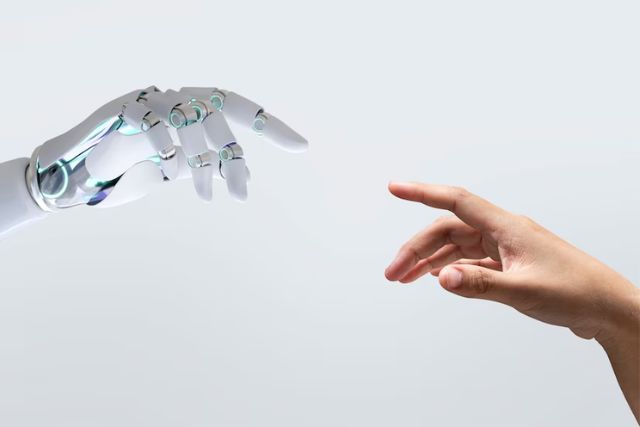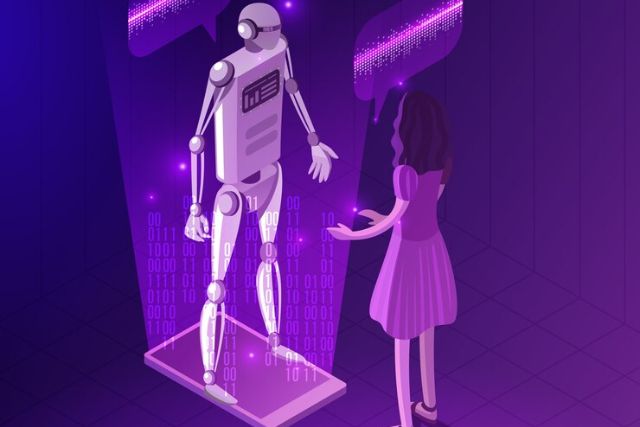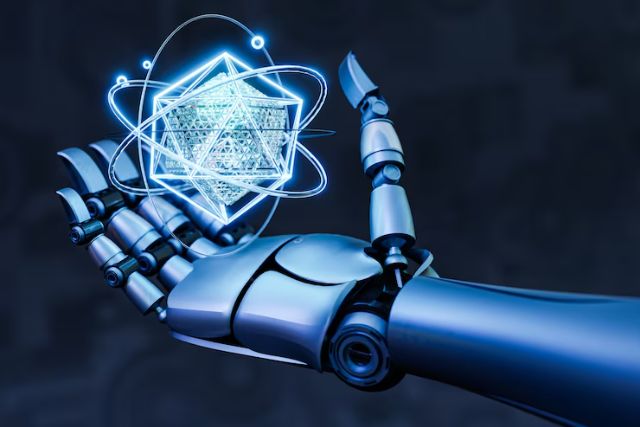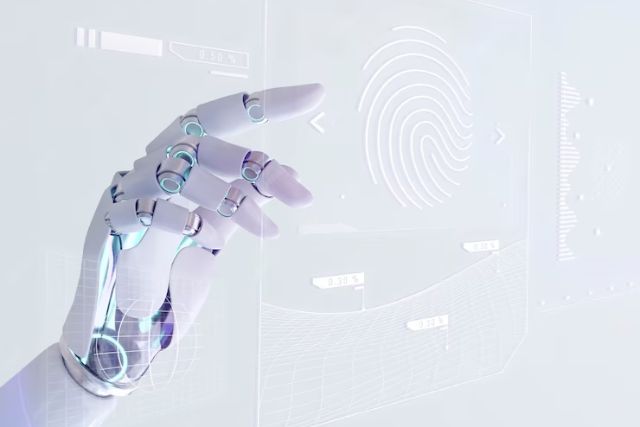Google’s senior developer, Blake Lemoine, had expressed concern in 2022. The company’s artificial intelligence (AI)-powered chatbot can be sensitive. An additional contribution is made by this to the current discussion on the superiority of human intelligence over artificial intelligence. Earlier, a 2021 Forbes study emphasized the benefits of living in such a world. Where people and AI work together instead of against each other, the development of artificial intelligence should be understood as a move towards automation. One should view the development of AI as a push towards automation. Thus, Learning AI and the difference between AI and human intelligence is the main topic of this blog. The jobs that artificial intelligence could perform and those that humans would be better suited for are also discussed. Who do you think is better AI vs Human?
The Definitions Of AI vs Human:

A mental attribute that includes some survival skills is human intelligence. These include applying newly gained knowledge to one’s advantage, adapting to unfamiliar circumstances, and drawing lessons from one’s own experiences. Even though studies have prioritized different aspects of intelligence, flexibility is essential to human intellect.
Artificial intelligence is primarily concerned with problem-solving. The concept of reliable computers capable of performing tasks that have traditionally needed human intellect is discussed, as well as the creation of such computers. Neural networks, field datasets, and machine learning (ML) for trial-and-error and reinforcement learning are also produced by it. In addition, AI is quite good at finding minute patterns in thousands of data points from many sources.
A Comparison Between AI vs Human:

The nature, functionality, and learning capacity of artificial and human intelligence are sharply contrasted in this comparison:
Nature:
The concept of utilising a variety of cognitive processes to adapt to various surroundings has historically been normalised by human intelligence. That is the way that people relate to the outside world.
However, the essence of artificial intelligence is defined by programs created to mimic human thought processes and actions. Building a computer environment that can effectively perform human jobs is its ultimate goal. AI is also quite good at comprehending issues and coming up with quick fixes. However, intelligence in humans is not like that; it needs time to adapt to the constantly shifting environment in which it lives.
Artificial intelligence’s main goal is to promote thinking similar to human thought processes when it comes to nature. Seeing the environment and adapting to it appropriately is the main goal of natural intelligence.
Functionality:
On the topic of artificial intelligence versus human intelligence, functionality is an important consideration to take into account. To think and act, people use their brain’s processing power, memory, intuition, experiential knowledge, and other cognitive abilities. AI-enabled gadgets can only provide output based on data, algorithms, and particular instructions.
Learning Power:
Thinking in abstract terms is a skill of human intelligence. The foundations of human civilization have always been experiencing, perceiving, understanding, and adapting. Using the interplay and motivating force of emotions and reasoning, this tactic appeals to people’s power of reason.
AI is unable to from abstract thought. This stops robots from thinking about or coming up with thoughts related to any topic. Repetition of material and exposure to well-vetted knowledge is also necessary to reach their full learning capacity. For example, self driving car technology work via reinforcement learning and unsupervised learning approaches. Their functionality and learning capacity are determined by specific embedded value systems, not by recollections of driving experiences.
What AI Cannot Do Without Human Intervention:
Artificial intelligence can complete a wide range of jobs in a fraction of the time it takes humans and at practically no cost. Concern over this in the labor market has grown. In the dispute between artificial intelligence and human intelligence, there are countless domains in which people perform noticeably better than machines. Think about the following skills, for instance:
- Contextualized reasoning and critical thinking
- Developing, conceiving, and strategizing
- Feeling and awareness of one’s own emotions
- A compassionate perception of the world
- Physical dexterity
- Knowledge of unknown environments
What Does The Future Hold:

In the dispute between human vs AI intelligence, AI’s primary advantage is its capacity to identify even the smallest patterns concealed among massive data packets. Therefore, there’s some positive risks that AI will soon appropriate repetitive activities. For instance, an AI agent trained to approve insurance claims will analyze thousands of variables. All of these variables, which range from previous healthcare expenses to online purchase histories, might result in a considerably more accurate analysis.

